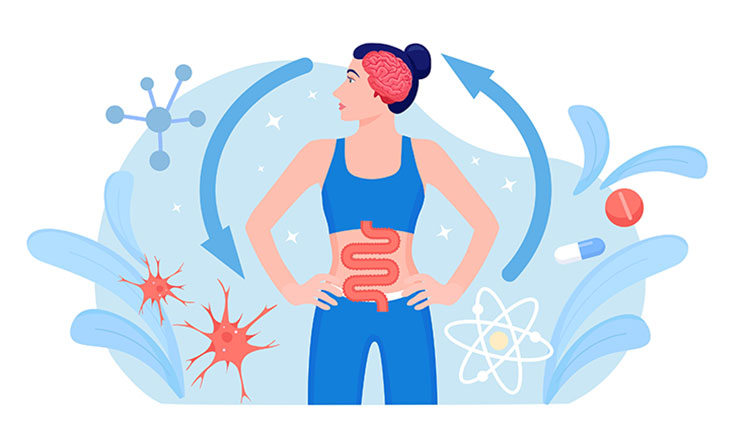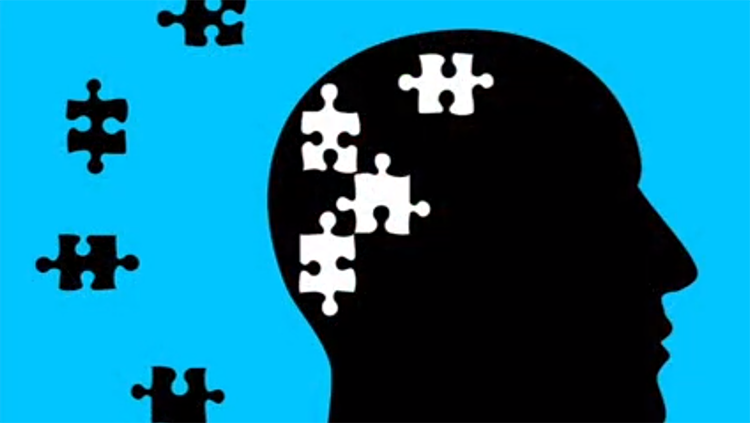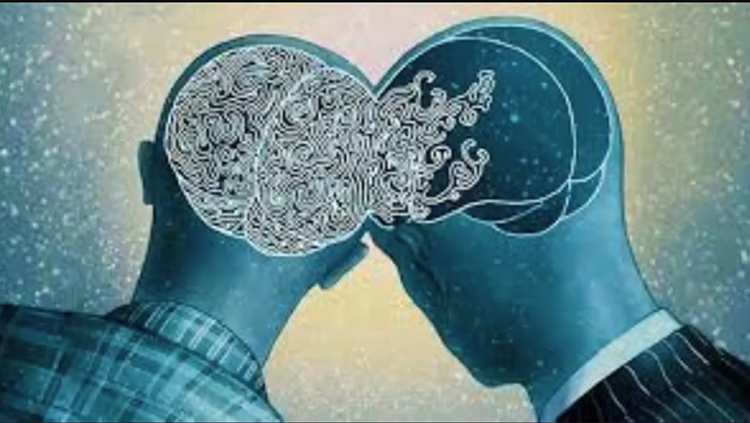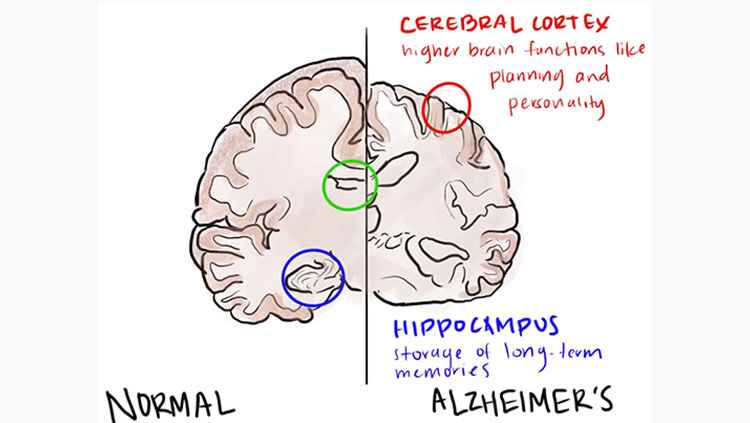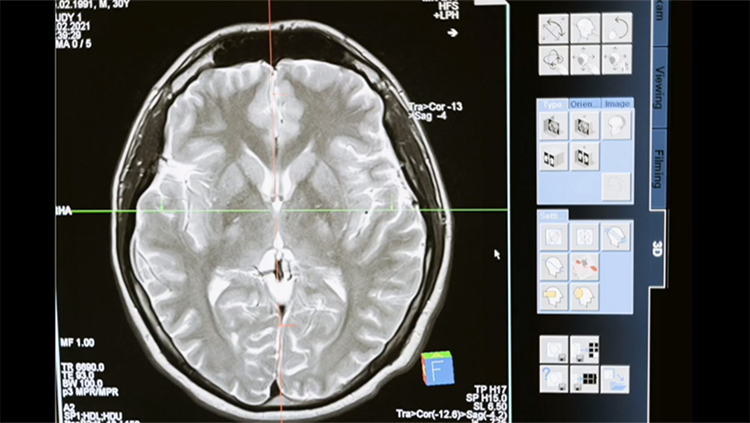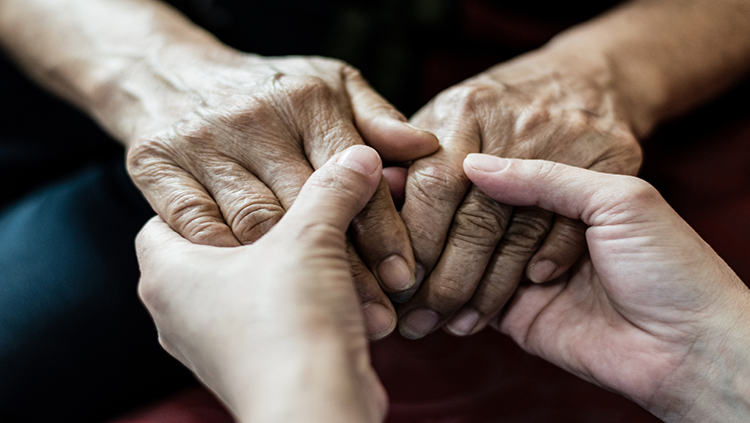Forget Me Not
- Published18 Oct 2013
- Reviewed18 Oct 2013
- Source BrainFacts/SfN
Many people have a loved one affected by Alzheimer’s disease. Explore the causes and symptoms of this disease through the story of a young girl’s grandfather and his struggle with Alzheimer’s disease. This video was submitted by home-schooled high school student Hasna Rizwan from Virginia for the 2013 Brain Awareness Video Contest.
CONTENT PROVIDED BY
BrainFacts/SfN
Transcript
Child: I like flowers. My favorite flower is the Forget-Me-Not.
I love the Forget-Me-Not, not because of its blue petals or yellow middles or brave green leaves. It's the way it brings back memories of my Granddad. Maybe the blue petals remind me of his eyes, bluer than the sea. Or, maybe the yellow middles remind me of the faded memories of him pushing me on the swing set, many years ago. Maybe the green leaves remind me of his shirt the day we took him back to his house after his visit to the doctor. No matter what each part of the flower may stand for, each time I look at a Forget-Me-Not, a picture of my Granddad flashes in my mind, and I start to cry.
Granddad was special. Not in a sense that he won an award or broke a world record, but he was special in a very special way. Granddad had Alzheimer's disease. When I had first found out, I didn't know what it was. The doctor at the hospital explained:
Doctor: Your Granddad was diagnosed with Alzheimer's. 3rd stage Alzheimer's. Alzheimer's is a disease in the brain. It is caused by a protein that goes to the brain and clogs up the ends of brain cells. The brain cells usually send out signals to one another, and that is what makes you think what you think, do what you do, and much more, but when they are clogged, they can no longer send out those signals. The disease starts forming in the part of the brain that contains memory. When those brain cells get clogged with the plaque from the proteins, the memory dies and that part of the brain can no longer function. Your Granddad will no longer be able to remember much of the stuff that had happened recently, but he may remember some of the things from the past. Don't worry, just keep caring and loving for him and stay strong. Many other children have grandparents with this disease too.
Child: I was so scared. I loved Granddad, I didn't know what to do without him. He was always so funny and always so happy.
After school one day, Mom and I decided to go check on him. When we got there, he was sitting in bed, Grandma holding his hand tightly and trying to make him memorize her name. I went and sat by Granddad. I said hi to him. He moaned. I told him about my day at school. He sneezed. I asked if he was doing okay. He was asleep. I tried to imagine what he might be thinking. "Who are these people? What do they want? Why does this woman keep trying to tell me her name? Where am I? Who am I?" The last question I thought of scared me, who am I. How do you not know who you are? To think he once was able to sit and tell endless tales of pirates and monsters, he was once able to laugh about things I told him about school, to think. To think. I could only wish that he would switch back. That he would come and be himself again. The Granddad I knew once.
From then on, Granddad and I started all over again. In the summer, I took him outside on his wheelchair and he watched me fly my kite or blow bubbles under the sun. We watched the trees in his backyard sway like spaghetti noodles in a pot, with somebody mixing it. He and I shared good times altogether.
Now I realize that no matter how much he will forget, he will always be the same Granddad I always knew. I will always love and care for him as much. Now, a lot of people who know that my Granddad had Alzheimer's disease ask me one same question, "If you could say one thing, one thing to your Granddad that he would understand, what would it be?" And I always have one answer:
"Forget-Me-Not".


